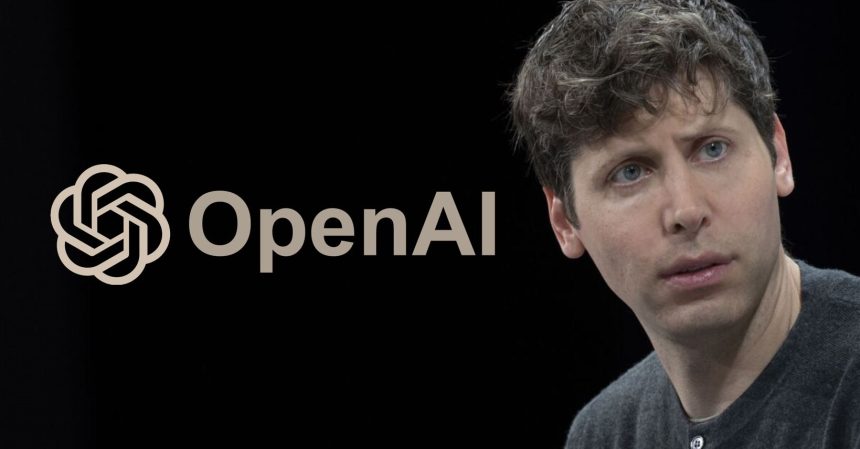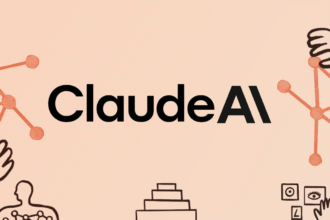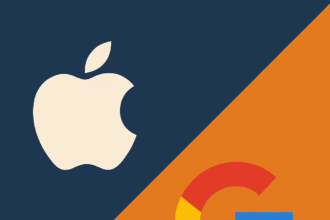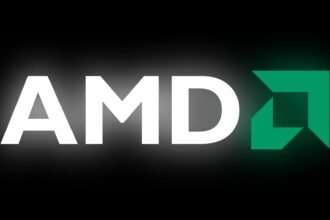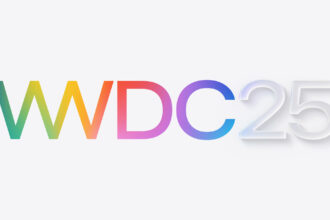On November 17, 2023, the board removed Altman as CEO, while Brockman was removed as chairman and then resigned as president. The circumstances surrounding Sam Altman’s removal from the OpenAI board were complex and involved internal disagreements over the organization’s direction.
The decision to remove Altman was not necessarily easy but stemmed from reported disputes between him and the previous board members. These disputes were related to OpenAI’s strategic direction, with accusations of Altman not consistently communicating with the board and disagreements over the handling of safety concerns.
OpenAI an American artificial intelligence (AI) research organization was founded as a non-profit company in 2015 for public use. By 2019, the company created OpenAI LP, a new “capped-profit” that allows OpenAI to rapidly increase its investments in computing and talent. With this, Microsoft provided OpenAI Global LLC with a $1 billion investment same year and a $10 billion investment in 2023.
Even with this huge investment, not all OpenAI’s board members have shares in the company, Sam Altman included. Altman deliberately chose not to take any equity which is “strange” when compared to other companies like Amazon, Google, and Meta.
Just so we don’t jump to conclusions, Altman may have been “inspired by the goal of changing the world” without expecting much in return. But his actions ultimately limited his power and influence in the company and all that was needed to get rid of him was just a simple vote from the board members.
Speaking of Amazon, Google, and Meta, their board structure is very different from that of OpenAI. For example, Mark Zuckerberg’s position at Meta is top-notch, which made it nearly impossible to fire him due to the company’s dual-class structure.
This structure involves two types of stocks, each offering distinct voting rights to shareholders. Zuckerberg possesses a specific class of stock that grants him superior voting rights and decision-making authority within the company and that is what Sam Altman doesn’t have.
Now back to OpenAI, the specific reasons for these disagreements were not extensively disclosed, but they were significant enough to lead to Altman’s abrupt removal. This caused a big concern among the staff who threatened mass resignations unless Altman was reinstated, including Greg Brockman who resigned and was dismissed.

